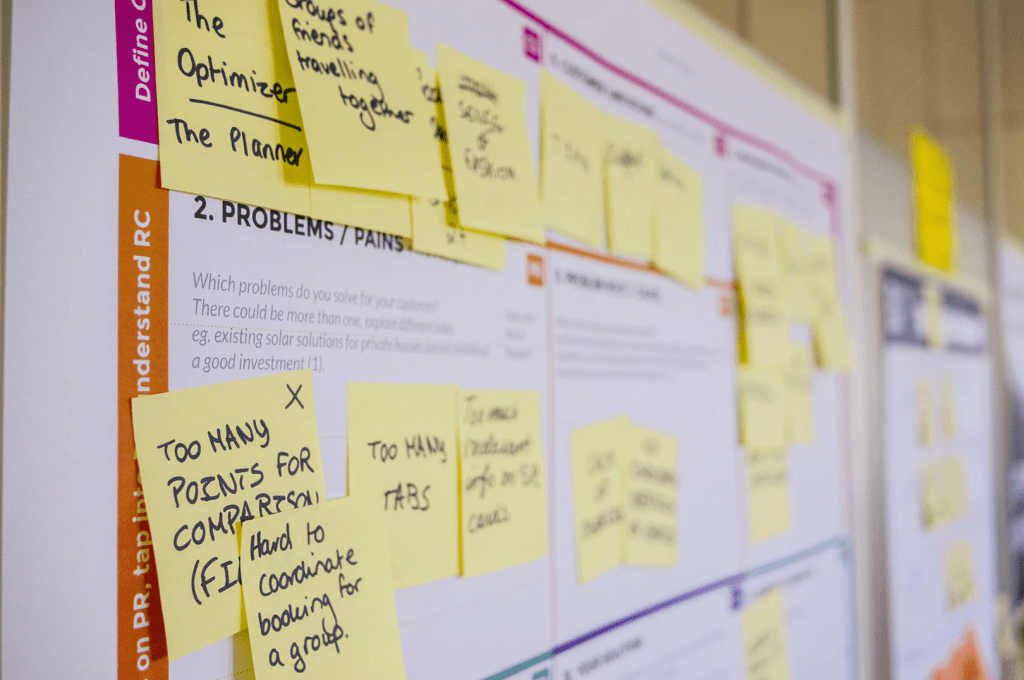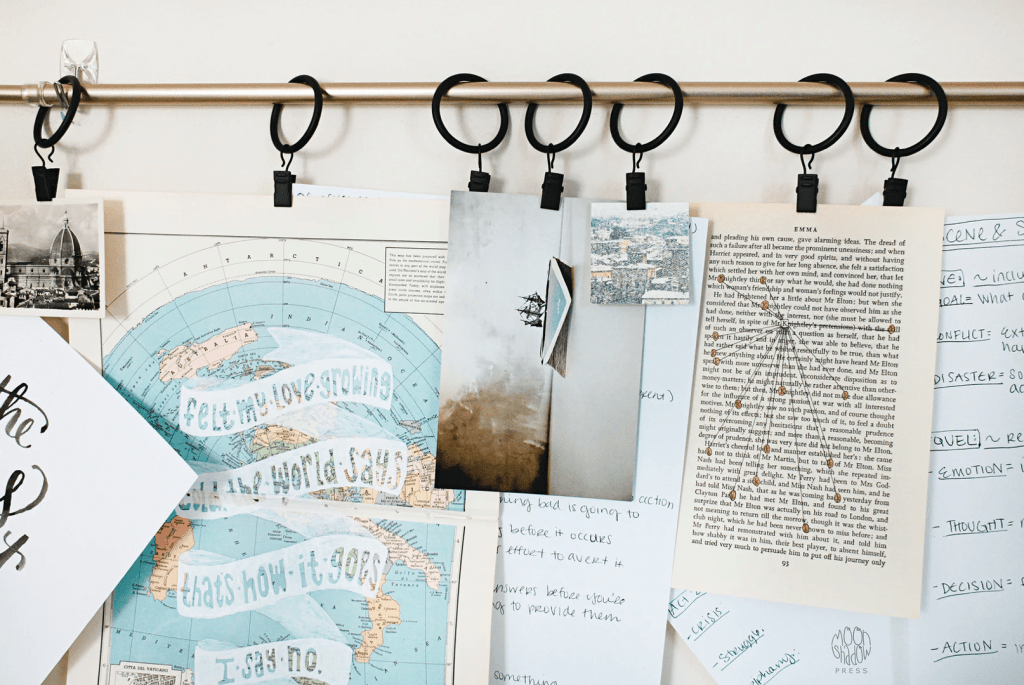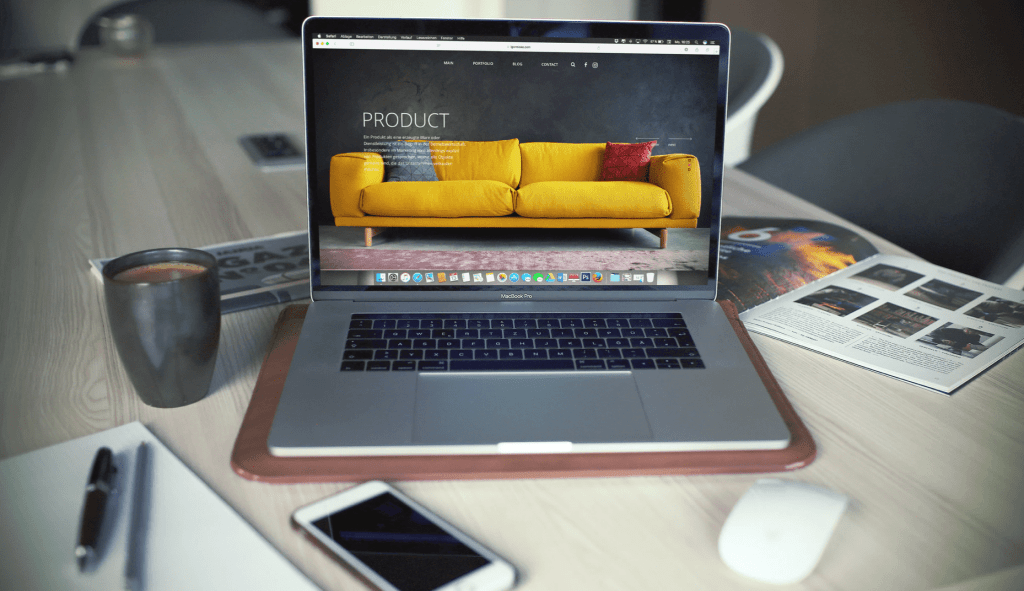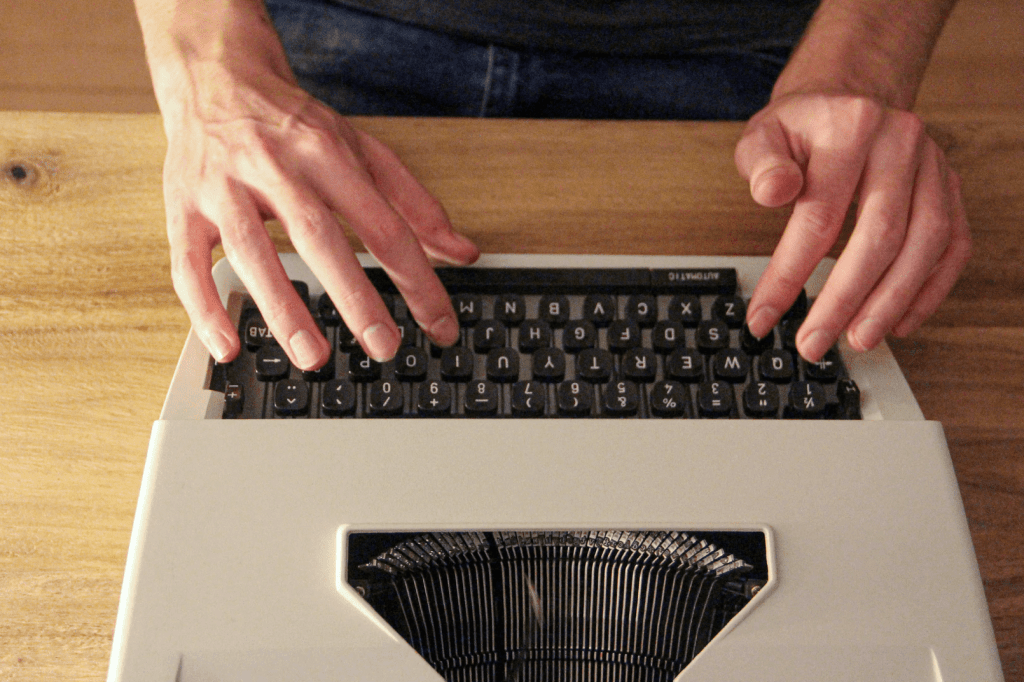
Do you know how to hire a web designer? And we’re not talking just any web designer – we’re talking about hiring a first-class, top-quality web designer.
What’s that – you need a little web design guidance?
Well, you’re in luck – this article has the 10 crucial things you need to know before you hire a web designer!
In this day and age, keeping ahead of the trends is a must. In order to keep your website on-trend, you may find yourself consulting google with the following phrases…
- “web designer near me”
- “hire a webdesigner”
- or even: “web site desinger” (hey, no judgement on the spelling!)
When you hire a web designer, it can be tricky – but, having to make a website is something that you should consider when establishing an online presence for your brand. Whether you run a startup or have had a brick-and-mortar store for decades, not having an online presence means you are missing out.
The same thing goes when working on a new website or redesigning an old one – keep in mind that your web page design serves as your virtual storefront. It plays a vital role in how customers can perceive your brand, as well as a way for you to promote your business and products worldwide.
However, many businesses mix up the roles – so, what’s the difference between a web designer and a web developer?
Knowing the Difference Between a Web Developer and a Web Designer
Although both of them are involved in building websites, they are usually involved in various different areas. It’s easy to mix both a website designer and a website developer up, so let’s have a quick overview.
Web developers create the core structure of a website using coding language. Meanwhile, web designers create the look and feel of a website, typically going for a user-focused approach.
A web developer’s primary role is to create the structure for the web designer to build on top of. A web developer’s goal is to build and construct a clever and responsive site, while web designers have a creative vision, with their goal being to make a site look good.
In this post, we’ll walk you through some of the more crucial things to consider before you hire a web designer…
10 Things to Consider Before you Hire a Web Designer

Considering how important a website is for a business, the web design process can be tricky in and of itself! Therefore, it’s vital you know what you’re getting into and hunt for only the most professional website design.
Fortunately, you can alleviate common issues when working with a web designer – just keep these considerations in mind:
1. Don’t hesitate to ask
Many aspects of web design can be pretty tough to understand, especially if you’re not entirely familiar with the industry.
Fortunately, the best web design agencies and freelance web designers will be happy to explain things to you: including, letting you know how they can turn your vision into reality.
If you’re starting an e-commerce website, for example, the good website designers will let you know how they’re going to design your site – think platforms, timelines, mood boards etc.
Meanwhile, if they’re using jargon, don’t hesitate to let them know they should communicate in layman’s terms. When you hire a freelancer, you’re essentially hiring a partner, a co-pilot, a team member – so it’s vital that you’re always on the same page. If you’re dealing with a web designer who has difficulty letting you in on what they’re doing, perhaps it’s wise to re-think who you’re hiring. After all, ambiguity is a major red flag, as it often indicates work has been rushed or has gone through a one-size-fits-all approach…
2. Consider your brand goals

When it comes to website designing, you should pay just as much attention to this as any other aspect of your business. So, before you go ahead with hiring a web designer, you need to know what your goals are for your business. To grow a successful online business, you should set clear goals that will get you more leads, increase brand awareness, and produce sales. Will you be selling products and services on your site, or will you be hosting information through dedicated server hosting?
A web designer tends to be one of the best people who can help you with these sorts of questions, however, it’s important to note that some agencies and professionals may charge for such brainstorming sessions.
Doing your research beforehand, on the sites you like and identify with, will help you form your own original, unique brand image. Then, when you present these sites to a web designer, they’ll have a clearer picture of what you intend for your final product!
3. Check your branding budget
So, you’ve found your freelance web designer, and you’re ready to start collaborating on an incredible site for your brand!
Well, have you considered your budget?
To ensure you’re always prepared, get to researching the “current rate for web designers“, giving you that extra bout of confidence when you finally speak with prospects.
You could also ask for recommendations from those in your network – check in with your fellow entrepreneurs and business buddies, ask them about their own website design – you may find they have someone perfect for you!
But don’t just limit this to your own network: if you find a stunning website, whose business is abroad, reach out! Chances are, they’ll appreciate the compliment and most likely share that piece of information with you, giving you insight into working with an offshore web designer and a brand new set of connections!
4. Create a vision board for your brand

Having a vision board can help you visualize how your brand will look, be it on flyers, calling cards, websites, or magazines. It can also help remind you of your business goals.
With this in mind, vision boards can be used in a lot of ways – including web design and web development.
For one, it allows you to have a template of how your website will look. It also ensures that the color scheme and vibe you want your site to exude is on point. Simply put, vision boards give your web design journey a direction.
In relation to this, there are various ways you can set up a vision board. You can have a physical corkboard and pin the design elements you want, or some prefer to do a diagram on a big whiteboard. You could even use Pinterest for design inspiration.
Regardless, you should have these essential elements when making a vision board for your website:
- Color scheme
- Images
- Typography
5. Give every webpage a purpose
How many pages should your site have? What’s the objective of every page? Does every page need some text – what will the text say?
Before you start working with and eventually hire a web designer, you should probably have all of these questions (and more) answered…
As previously mentioned, it’s always a good idea to look for websites that you particularly like within your business’s industry – we’re not suggesting that you copy! More so that you should draw a little inspiration from them, transferring ideas into your new and improved site.
Here’s a solid example of the main web pages almost every website has:
- Home
- About Us
- FAQ
- Product or Service Details
- Contact
You can add a page that serves a specific purpose, too! For example, MannequinMall, an online mannequin store, has a ‘Best Sellers‘ page on their website to highlight their most popular mannequins. Special pages such as this will allow you to point visitors to elements that you want to showcase.
Your site should serve as a fluid marketing platform – so, publishing content regularly to your website would be most ideal. When you’re working with a web designer, if you decide on a change after the project is finished, you may have to pay additional costs – it’s important to clear up these sorts of fees first!
6. Determine what functionalities are important for your brand website

Will your website fall under the eCommerce category – are you selling products or services online? Will users need to have individual account log-ins on your site? Or are you planning to have an interactive content calendar where clients can schedule an appointment? How about planning a pop-up for your newsletter?
All of these functionalities allow you to enlarge the scope of a project, so you must tell your designer about these things from the get-go!
At Sytian Productions Web Developer Philippines, our clients create a list of their must-have or ideal features. That way, your web designer and web developer will know exactly what it will take to build your dream business website!
7. Collect images for your brand website
You’ll be needing to grab some images for your site, i.e. photos, logos, gifs, illustrations, animations, infographics – you name it! You want your site to be visually yet tastefully engaging.
Any image that you place on your site should be either created by you, acquired through commissioning a professional or you outright bought it – you don’t want to start your site with any legal bother…
In terms of sourcing your images – whether it’s images of your products, services or simply decorative – here are a few ideas to get you started:
- Take DIY photos or hire a professional photographer to give you the quality shots that you need.
- Source or buy stock photos from sites like iStock, Shutterstock, or other similar sites. That way, you can pull images for commercial use without the need to spend on photoshoots.
- Hire a graphic designer to come up with customised images or designs for your site – nothing says “website makeover” like some brand-new and original content!
You’ll find that images do just as much as words when it comes to telling your brand’s story. So, make sure they look compelling and professional – and don’t forget to stick to your brand’s core intent. Keeping images clean and concise will create the most impact.
8. Ensure correct grammar

Before launching your website, double-check whether your content is free of any errors. There are plenty of amazing sites or browser extensions you can use to spell-check your content, take Grammarly for example – with this nifty add-on, keeping things error-proof has never been easier! This includes grammar, structure, on-page optimization, and more. Make sure your website is punctual and correct, otherwise, you aren’t putting your best foot forward.
Let’s not forget, small errors can turn off your prospective clients or customers.
9. Check for mobile responsiveness
How will your site look on a smartphone?
Mobile devices for surfing the web have steadily increased in popularity – ideally, you want users quickly scrolling down your site to be using their mobile devices.
You should also ensure that your site can be viewed from multiple devices – think tablet, desktop etc – so you can see how it looks and test its functionality.
Before you go live, maybe consider asking for feedback from colleagues or successful people in your network. If they like your website, it’s a sure-fire way to tell you’re heading in the right direction – and if they have a few pointers, take them on board!
10. Develop a launch plan
Now that you’ve built your site, you’re now ready to tell the world about it.
Think about ways how you can build a buzz around your site and your business, and make sure to tell your network. Social media accounts are a must for generating hype around a new product – create posts about the upcoming launch, introduce your brand and let people know what you have to offer with your new website.
You could even create an online event or have your best customers give their testimonials via copy or video for you to include in the launch. That way, these people have something to say and share on social media as well.
Over to You
When you keep these considerations mentioned above in mind, you will be more than ready to hire a professional web designer. You’ll know what it takes to bring your vision to life, and what you’re looking for in the expert web design specialist that you’re looking to hire.
It’s vital you do your research – keep in mind your budget, have a look at a lot of freelance web designers’ portfolios, and ask around! The internet is full of useful information for you to take on board – don’t get in there blind-sighted, make sure you’re prepared for the worst.
If you take all of this on board, we have no doubt you’ll have a fantastic website up and running – and at an affordable price!
From WordPress to Angular, Django to Javascript, we have a highly professional, expert web developer in all areas! Check out our range here.



